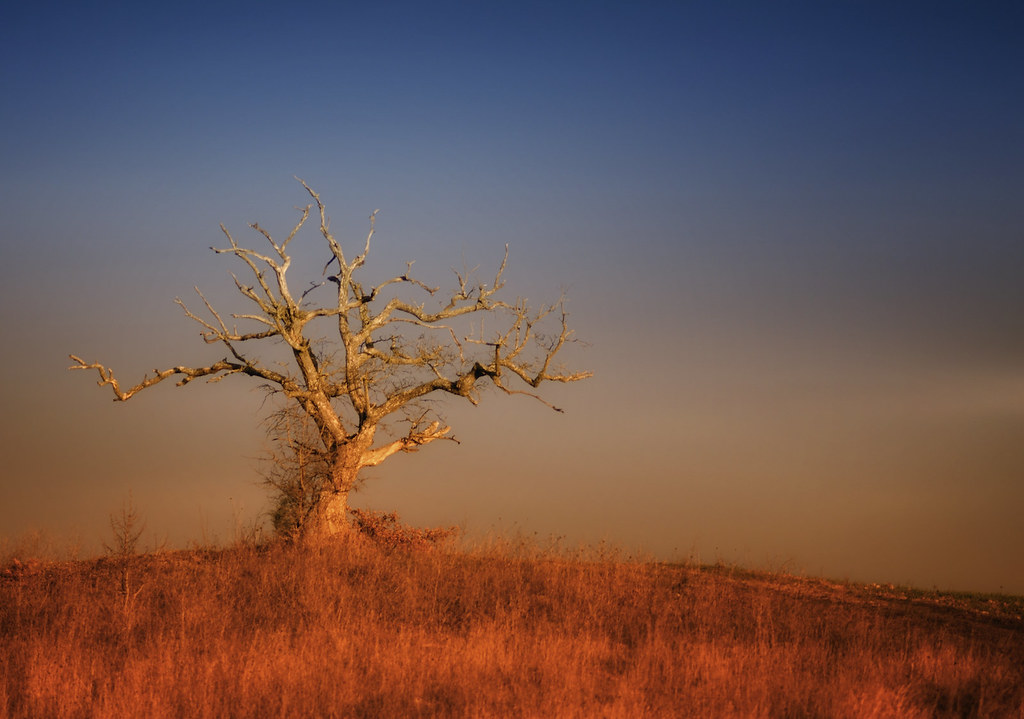They warn us for the eleventh time that we are immersed in the mass extinction of living beings.
- A group of experts gathered by the United Nations has stated in a new report that the Earth is suffering an "unprecedented" decline in biodiversity on the planet: one million species of animals and plants could be lost in the coming decades, according to the Intergovernmental Platform on Ecosystem Services and Biodiversity (IPBES). Despite the academic guarantee he has given to long-released alarms, it is not certain that the world will change course.
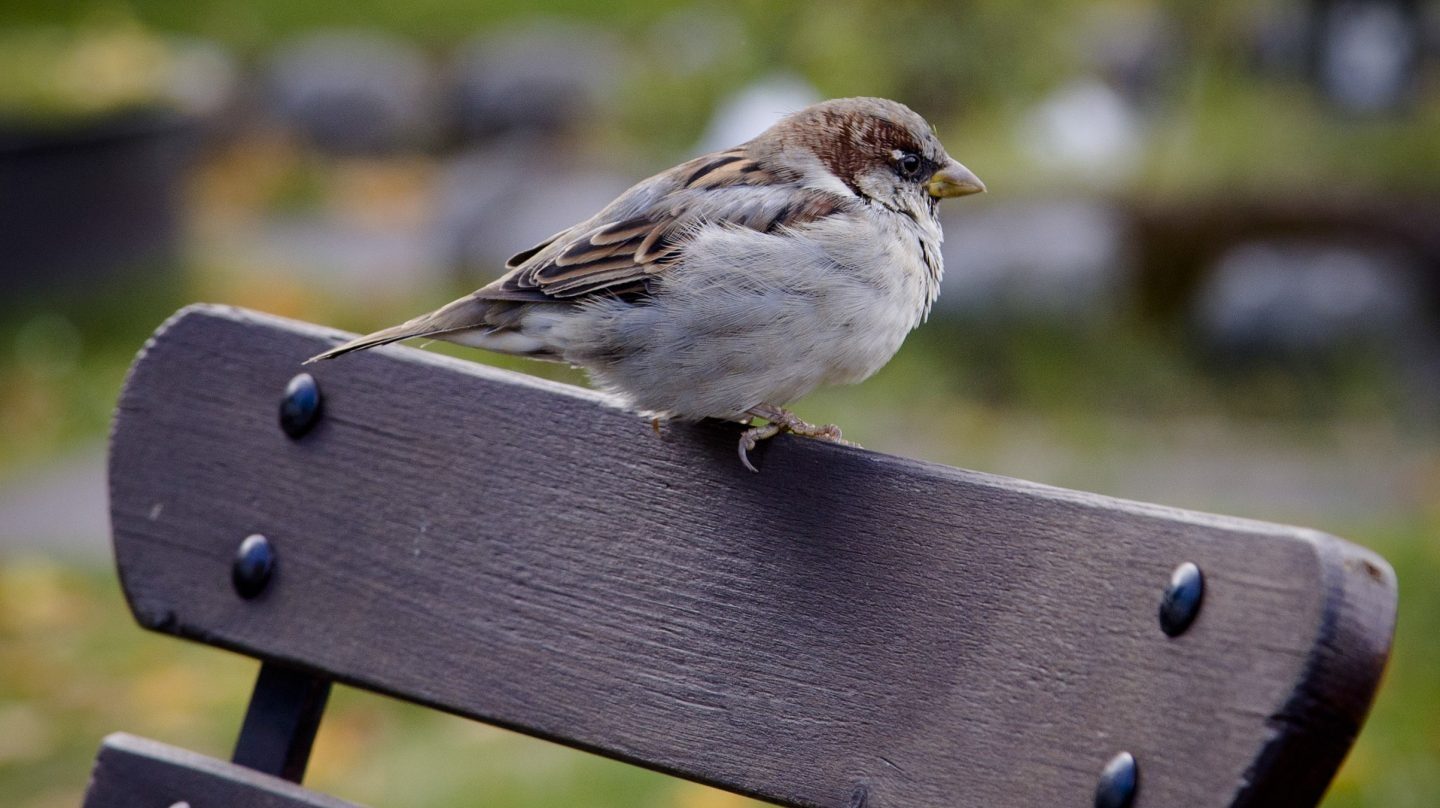
The intergovernmental IPBES platform, composed of 145 experts from over 50 countries, has produced a report of 1,800 pages in three years, with a serious message heard these days: one million animals and species are in danger of extinction in the short term, one of the eight million species on Earth. But if you add the cantars left from the math, then one in four species on the planet is in danger of extinction. In other words, all of them will be lost, because it is unlikely that the march of the world with industrialization and globalization will change in the years to come.
IPBES Director Robert Watson said: “The health of ecosystems is conditioned by our lives and that of other species, and we are destroying these ecosystems faster than ever.” I mean, we're immersed in a mass extinction of living species.
Responsibility for the loss of biodiversity is not exclusive to the environment: it is also related to development, the economy, security and social and moral values, according to experts.
Like previous scientific reports, this IPBES also considers the human behavior of human beings in the destruction of soils to be a primary culprit: covering fields and cultivation fields with concrete, dismantling forests, drying marshes… To this end, we are led by the industrial agriculture that has prevailed throughout the planet to meet the increase in population and the improvement in the standard of living of human beings.
Another four main reasons for mass extinction are over-exploitation of natural resources (mines, fish, forest trees), widespread (mainly chemical) pollution, invasive exotic species destroying each site and, finally, climate change. “Since 1980, experts say, greenhouse gas emissions have been reduced to two, the Earth’s average temperature has been heated to at least 0.7°C and plastic pollution has multiplied by diez.Entre 300 and 400 million tonnes of heavy metals, solvents, toxic sludges and other waste are poured into the world’s waters.”
In the official presentation, IPBES leader Watson said that there is still scope for curbing this serious decline: “The report says it’s not too late to start doing things differently in this case, but now we have to start, both locally and globally.”
However, the conditions for this to happen seem difficult to meet: “…provided that changes are made that involve a transformation and that take into account the whole system and the technological, economic and social factors”.
But, moreover, as the major global authorities have ignored the warnings so far – as in this case in the field of climate change and in many others – the citizen has little reason for hope.
Warnings about the destruction of living beings, from a rigorous perspective of science, that is, apart from other catastrophies, are recent. Rachel Carson, considered by many grandmothers of modern environmentalism, explained in 1962 in her anthology “Silent Spring” that by then mass extinction was already underway: “In the ever-expanding areas of the United States, spring now comes without announcing the return of birds, and, in the early morning hours, a strange silence reigns in the early morning that filled the beauty of the early bird songs. This sudden silence of the birds’ songs, the destruction of color, beauty and the benefit that birds give to our world, has occurred quickly and perversely, without the inhabitants of the peoples who have not yet suffered that influence being aware.” But the world has continued to be business over the next 60 years, and today the lack of bird singing has added to the lack of fish, the disappearance of bees, the destruction of insects…

After the deadlines have elapsed, the damage is manifested
These days the main media have mentioned the IPBES report loaded with terrible graphics and images – which in a week will be forgotten by viewers replacing in another type of more eye-catching images –; the magazine Le Monde Diplomatique has carried out a desperate exercise of memory on its web, translating as legible the articles published in the same magazine with similar warnings 50 or 10 years ago.
In 1970, ornithologist Jean Dorst published in Diplo “Most species of animals and plants are threatened by human behavior”, in which he raised the alarm in the face of the biological disaster of the planet, emphasizing that the retreat of wildlife meant the destruction that would also reach humans: “Because we will be the last victims of this. Our species, in the long term, is the most threatened. Let us hope that this does not happen. Naturalist Fabre said that man would disappear killed by the excesses of what he calls civilization.”
Worsening the circumstances, much later, in 2007, Alain Zecchini wrote in the same magazine: “The loss of biodiversity threatens humanity.” Between: “But human beings are afflicted with pleonexy, with the desire to have more than they need. They are irrational and selfish, because the exploitation of nature does not amount to collecting the forest, which allows the duration of resources, but to extractivism, the exploitation of a mine until the extraction of grain.”
We are in a process of mass extinction, and every citizen of an age who has seen the birds or insects he had seen as a child disappear before his eyes. Also in the Basque Country. In the days when the major media spoke of the IPBES report, Gaindegia confirmed a very important point of the report, which is happening here: “In the last 28 years, both soil has been artificialized in the Basque Country and throughout the previous history.” But who does it matter to?
It is true that the Extinction Rebellion movement is spreading in the world: In France we want the Poppies campaign against pesticides; ecologists continue to fight; many small baserritarras have started to work to promote the biodiversity of their fields... But against IPBES experts, many think it is too late to avoid catastrophe, as the biodiversity crisis comes from the side of the climate change and energy crisis, and therefore, while fighting it, we must start to adapt to the ongoing damage: Deep Adaptation, deep adaptation.

Klima aldaketaren eraginez, munduko lurralde gero eta gehiago idortzen ari dira, milioika pertsonaren jarduera eta bizimoduak kolokan ezarririk. Fenomeno horren frontean dago India erdialdeko Maharashtra estatua, non klimaren berotzeari eta lehortzeari metatu zaizkien oihan... [+]
Today’s Venice is built on an archipelago of 118 islands. These islands are connected by 455 bridges. The city is based on mud rather than Lura. Millions of trees in the area were cut down from the 9th century onwards to build piles and cement the city. Years have passed and... [+]
Lurrak guri zuhaitzak eman, eta guk lurrari egurra. Egungo bizimoldea bideraezina dela ikusita, Suitzako Alderdi Berdearen gazte adarrak galdeketara deitu ditu herritarrak, “garapen” ekonomikoa planetaren mugen gainetik jarri ala ez erabakitzeko. Izan ere, mundu... [+]
Eskola inguruko natur guneak aztertu dituzte Hernaniko Lehen Hezkuntzako bost ikastetxeetako ikasleek. Helburua, bikoitza: klima larrialdiari aurre egiteko eremu horiek identifikatu eta kontserbatzea batetik, eta hezkuntzarako erabiltzea, bestetik. Eskola bakoitzak natur eremu... [+]
Agintari gutxik aitortzen dute publikoki, disimulurik eta konplexurik gabe, multinazional kutsatzaileen alde daudela. Nahiago izaten dute enpresa horien aurpegi berdea babestu, “planetaren alde” lan egiten ari direla harro azpimarratu, eta kutsadura eta marroiz... [+]
Biologian doktorea, CESIC Zientzia Ikerketen Kontseilu Nagusiko ikerlaria eta Madrilgo Rey Juan Carlos unibertsitateko irakaslea, Fernando Valladares (Mar del Plata, 1965) klima aldaketa eta ingurumen gaietan Espainiako Estatuko ahots kritiko ezagunenetako bat da. Urteak... [+]
Nola azaldu 10-12 urteko ikasleei bioaniztasunaren galerak eta klima aldaketaren ondorioek duten larritasuna, “ez dago ezer egiterik” ideia alboratu eta planetaren alde elkarrekin zer egin dezakegun gogoetatzeko? Fernando Valladares biologoak hainbat gako eman dizkie... [+]
Eskoziako Lur Garaietara otsoak itzularazteak basoak bere onera ekartzen lagunduko lukeela adierazi dute Leeds unibertsitateko ikertzaileek.. Horrek, era berean, klima-larrialdiari aurre egiteko balioko lukeela baieztatu dute, basoek atmosferako karbono-dioxidoa xurgatuko... [+]












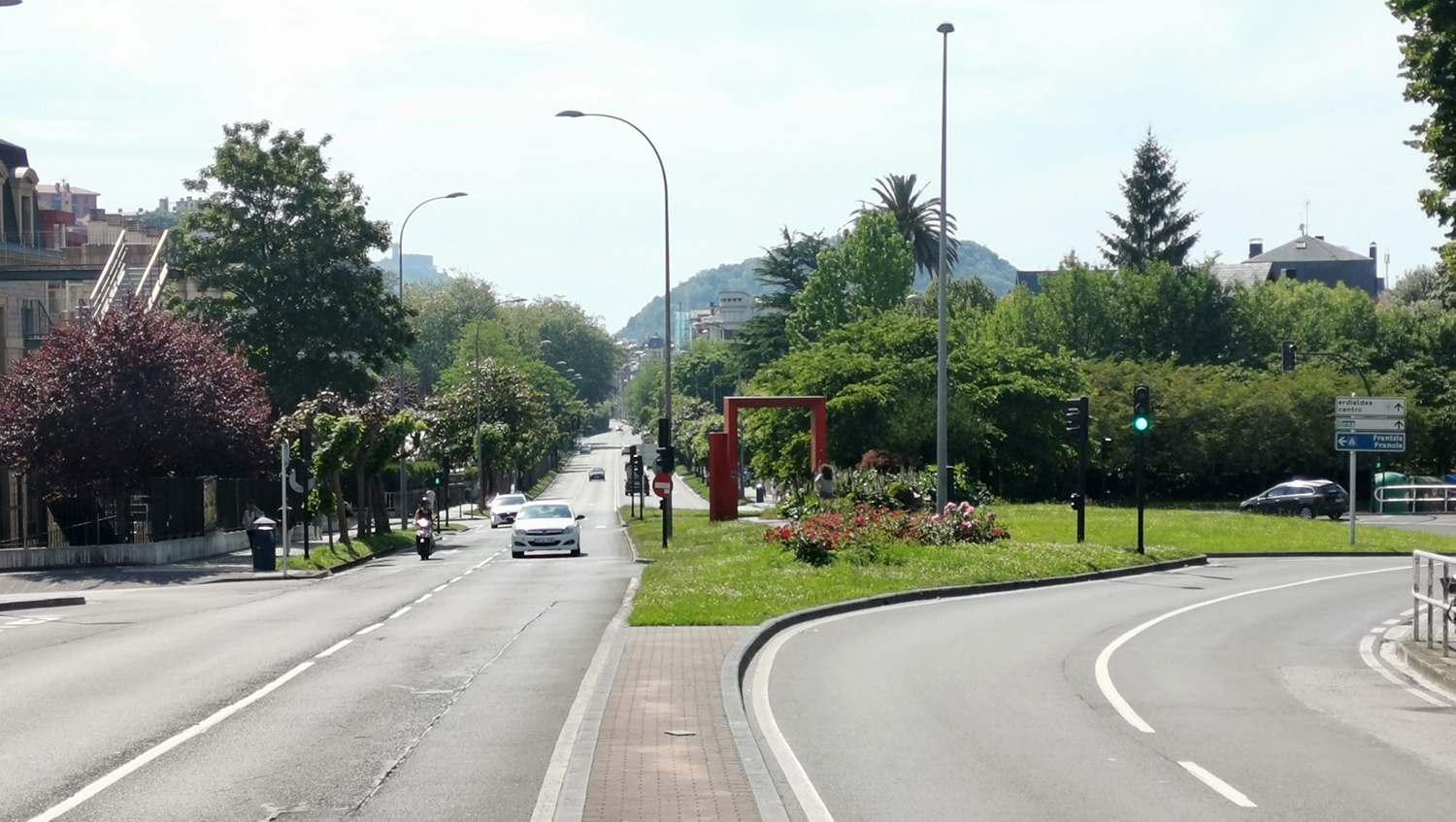




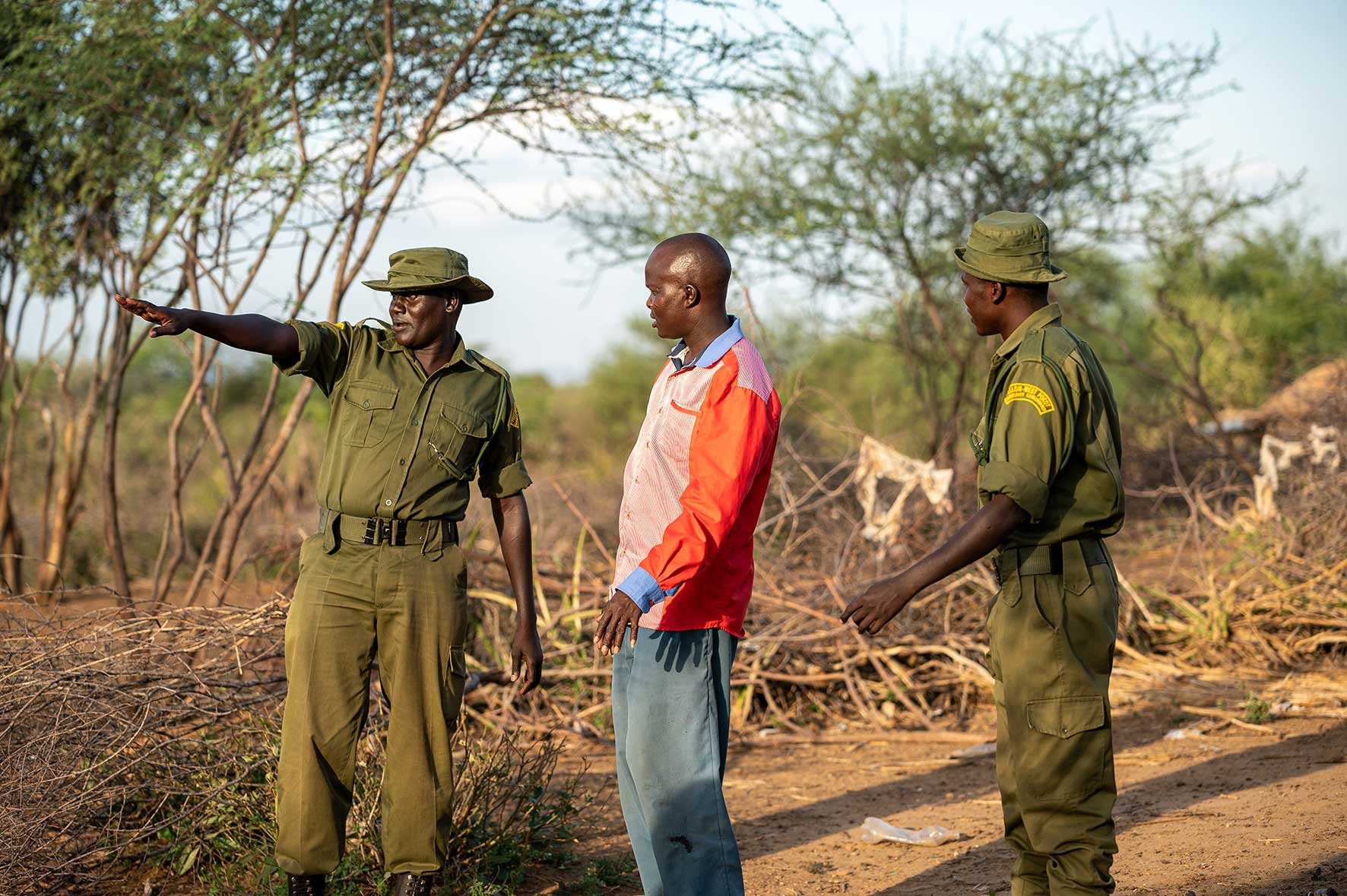


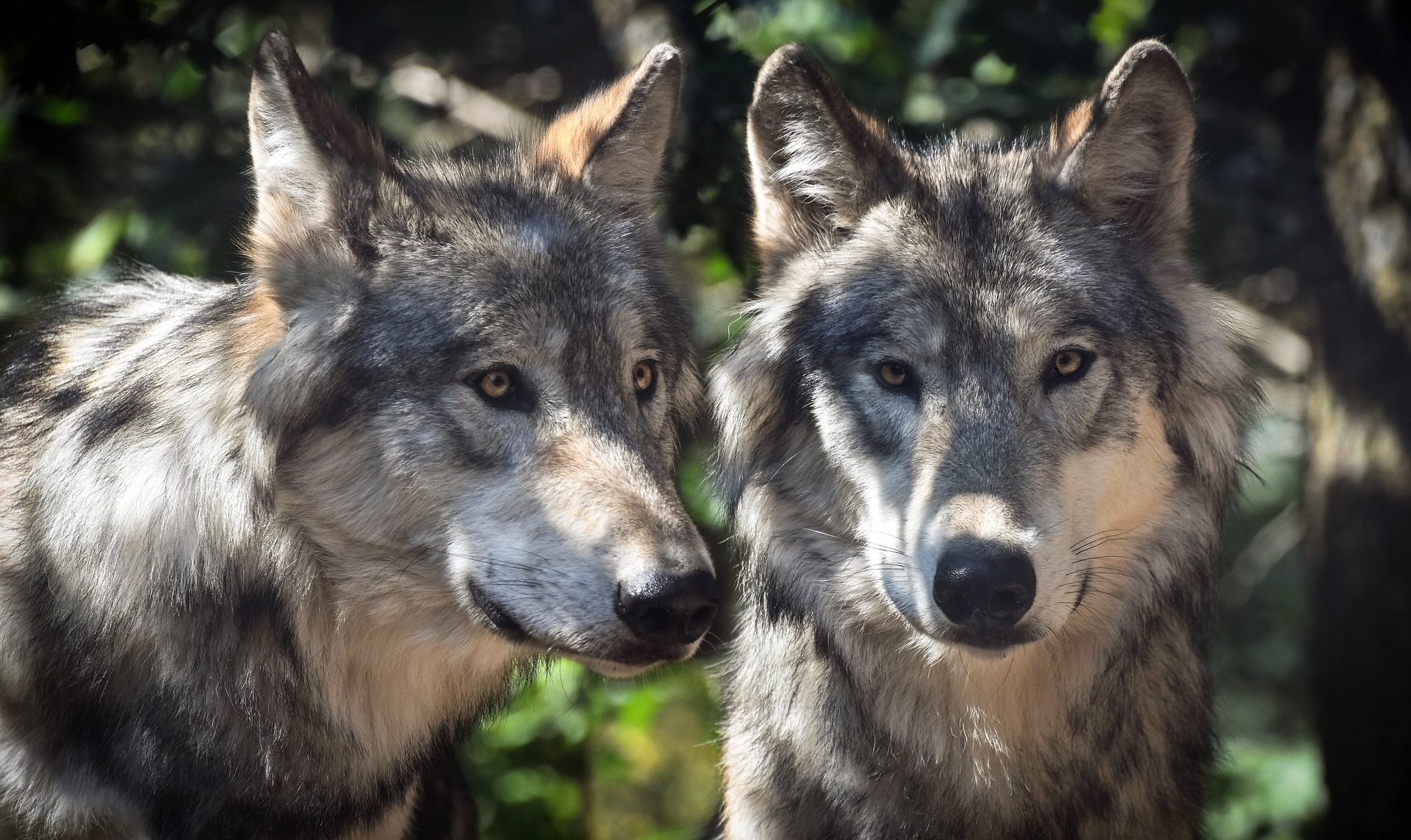
_Glaciar.png)
